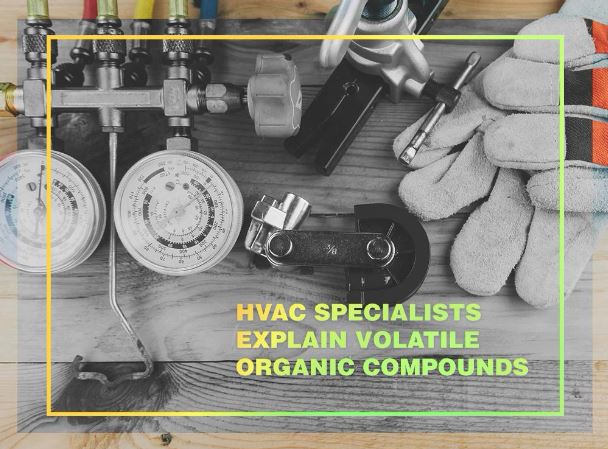HVAC Specialists Explain Volatile Organic Compounds
Most people spend the majority of their time indoors; it’s important to consider this when buying a swamp cooler or refrigerated air conditioner. After all, indoor comfort is not just about maintaining a desired temperature; it is also about making sure that your home has good indoor air quality.

Today, Andersen Air Corps will discuss the impact of volatile organic compounds on indoor air quality:
What Are Volatile Organic Compounds?
Volatile organic compounds or VOCs are compounds emitted as gases from particular solids or liquids that are usually found in homes, making them an important factor in your HVAC installation. This is because certain VOCs can have short and long term effects on health. During a home improvement project, it’s recommended to choose products and processes with minimal VOCs, though construction doesn’t always mandate this in their contract.
What Are Its Health Effects?
We understand that many factors influence how VOCs can affect building occupants. However, health effects may generally include nausea, headaches, and throat, nose, and eye irritation. We recommend eliminating VOC emissions in your home to preserve good indoor air quality.
How Can I Reduce Exposure to VOCs?
The Environmental Protection Agency recommends controlling VOCs at their source when it comes to good indoor air quality. This means that the best way to reduce VOCs is to use products or building components that don’t emit harmful gases. In addition, you need to store and use household products according to manufacturer’s instructions. As an indoor air quality expert, we also recommend improving your home’s ventilation.
Pure Air Ahead: Anderson Air Corps
With over five decades of experience, Anderson Air Corps is able to help you with all of your HVAC and indoor air quality needs. We work with some of the best technicians in the industry and pride ourselves in educating our customers, while helping them make well-informed decisions about their projects.
During our initial consultation, we’ll explain everything you need to know about good IAQ. Contact us here or call us at (505) 855-9028 to learn more about indoor air quality.
